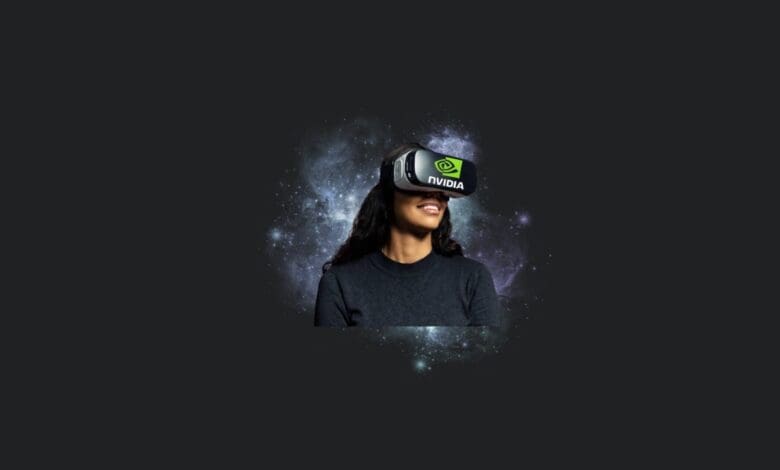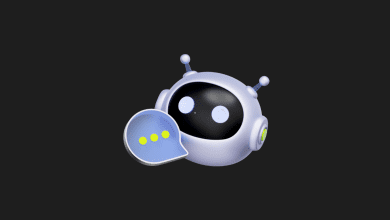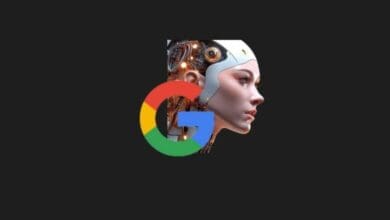Nvidia Unveils James: An Interactive Digital Human with AI

Jensen Huang, founder and CEO of Nvidia, introduced James, an interactive digital human, as part of SIGGRAPH. James is built on the firm’s Nvidia NIM microservices.
Within the scope of SIGGRAPH 2024, which appeals more to professionals, Nvidia announced its new software-oriented technologies. At the event, the company’s founder and CEO, Jensen Huang, also introduced James, an interactive digital human built on Nvidia NIM microservices.
According to the statement made by Nvidia, James is an assistant that uses Nvidia ACE technology and is based on a customer service workflow. The firm says James is able to connect with people using emotions, humor, and contextually correct responses. Additionally, the firm says that users from ai.nvidia.com will soon be able to interact with James in real-time.
To interact with the AI-based James assistant, Nvidia has used a highly realistic human face and voice. This represents a major shift compared to the usual text-based interface for AI chatbots and assistants. Nvidia states that it also used RTX technologies to build James, with realistic sound provided by ElevenLabs.
Nvidia calls James a digital brand ambassador and says the technology can be used as a digital assistant or customer service representative. Additionally, with ACE, developers can use their own data to create domain-specific avatars that can communicate relevant information to customers.
Jensen Huang describes James this way: “An AI that can speak, make eye contact with you, and act empathetically. You can decide to connect your ChatGPT AI to the digital human, or you can connect your digital human to our Retrieval Augmented Generation (RAG) customer service AI. Regardless of which track you want to use, they’re completely open-source.”
Nvidia also revealed that HTC, Looking Glass, Reply, and UneeQ are among the companies that have adopted digital human applications. UneeQ, for instance, showcased two new demos at SIGGRAPH. You can watch the company’s demos in the video below. The fact that the technology is open-source also allows developers to be deeply involved in the processes. So, it is now only a matter of time before interacting with AI-powered digital humans on various platforms.











